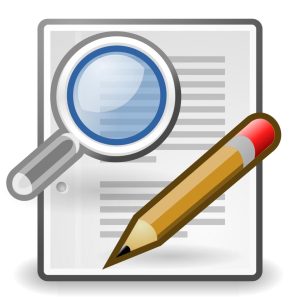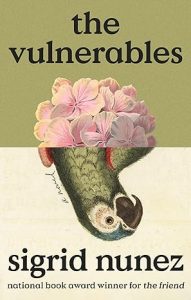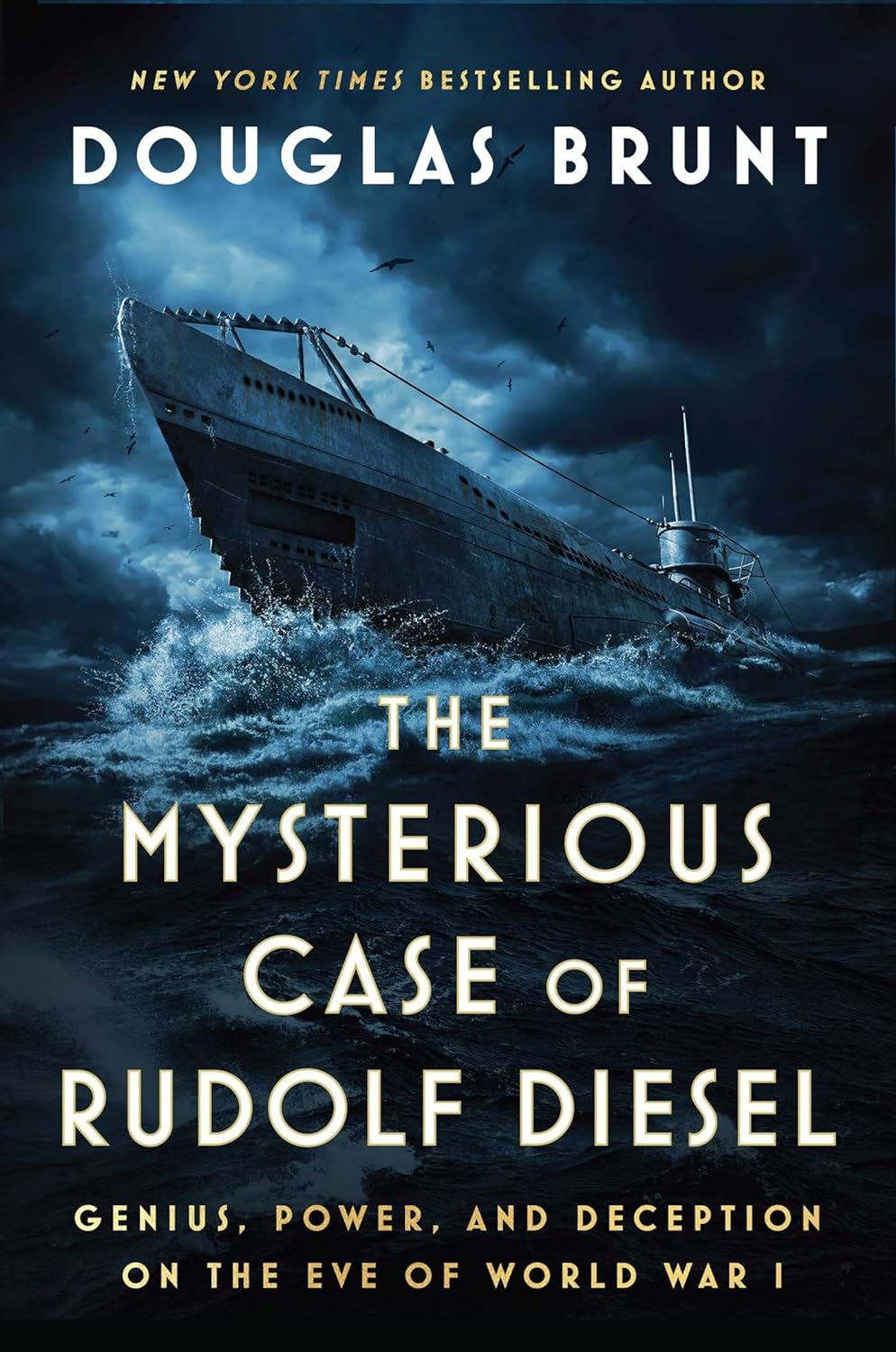
Have you ever searched for a Youtube video you saw a few years ago that was no longer there? Or try to open an old photo on your computer only to get an error message? This is a frustrating experience that we all have gone through when looking for older digital materials. Unfortunately, many of these items may be gone forever! While these situations are common, many libraries have programs focused on digital preservation. Digital preservation refers to the strategies and processes used to keep digital materials accessible. Many of these materials are born digital. Born-digital materials are records that were created digitally, and do not include records that were initially physical then digitally scanned. Having strategies and procedures in place ensure that born digital materials will be available in the future for users.
This is Preservation Week (April 29 – May 4), and the theme is Preserving Identities. To celebrate this occasion, we will first consider some of the challenges in preserving digital materials. Next we will examine different libraries and archives’ approaches to digital preservation. Finally we will explore digital collections that are preserving identities for future generations.
Challenges
The rapid advancement of digital technology has allowed us to create a massive amount of born digital materials. As time progresses and new technologies emerge, born-digital items risk becoming obsolete. Here are some challenges that the Smithsonian Institution Archives highlighted:
- Accessibility. Every digital item needs hardware and software in order for it to work. Older file formats may need to be migrated to different file formats in order for them to operate on newer software. Hardware that was used to operate older software in the past may not work anymore, or easily be used by new users. In some cases emulators–hardware or software that is made to perform like a different computer system–may be utilized to run older software.
- Storage. Today there are plenty of options for cheap online storage, for example, iCloud and Google storage. However, the companies and institutions providing this storage must pay for the infrastructure, such as servers, as well as the energy cost to keep it running. This cost may become an issue for users in the future. Additionally, while one can store many items through these services, you need to be thoughtful with which items you choose to store and how you store these items. For example, how many copies of a paper you wrote do you store and which versions do you keep? Also, how do you name the file so that you or someone else can find it in the future? These research data management questions need to be considered when storing an item.
- Software, Hardware, and Operating Systems Obsolescence. As technology ages, it is phased out for newer models. These systems may not be compatible with older technology. In recent years, laptops have phased out disc drives. So, any digital materials that are stored on a CD-ROM cannot be used without additional hardware, in this case an external CD-Drive.
Libraries and Archives Approach Digital Preservation

While there are hurdles to digital preservation, many academic libraries are implementing projects for the long term digital preservation of materials. Here are two institutions with different approaches to digital preservation:
- Harvard Library
Since the late 1990s, Harvard Library has been implementing various digital preservation strategies. One important project carried out in recent years were format migrations for RealAudio audio files, SMIL playlists, and Kodak PhotoCD images items in their Digital Repository. These file formats were not being supported on newer software, making them unusable for some users. Harvard Library recognized this and began a migration project to a new format for these files. - National Archives
The National Archives developed a plan for digital preservation from 2022 to 2026. This plan outlines key strategies, such as documenting standards and procedures, prioritization, file management, and staff training, which are highlighted to ensure that best practices are being used to preserve digital materials. Activities include developing infrastructure, maintaining data integrity, sustaining formats and media, and ensuring information security. These activities ensure that digital materials will remain accessible as the items age and the technology to access and use materials changes.
Collections for Preserving Identities
Since the focus of this year’s preservation week is preserving identities, here are some digital collections that preserve the collections of particular groups and Indigenous Peoples:
University of North Carolina
The University of North Carolina Digital Collections Repository is one of many academic library repositories that maintain and provide access to born digital materials. These materials often provide a glimpse into a region’s historical identity. A collection that highlights southern identity is the Southern Folklife Collection, which has items on American folk music and popular culture. Of particular interest are the various audio files. There are over 4,000 audio files that are songs by a variety of artists in the digital collection. The traditions of southern music are kept alive through preserving and accessing the collections.
Doris Duke Native American Oral History Revitalization Project
Native Americans are a vital part of the fabric of the United States’ identity. However, due to the treatment of Native Americans in the past by colonization and American government policies, many Native American identities have been lost. Oral history is one method of preserving their identities. A number of libraries provide first-person narratives from Native people through the Doris Duke Native American Oral History Revitalization Project, including the University of Arizona, University of Florida, University of Illinois, University of New Mexico, University of Oklahoma, University of South Dakota, and University of Utah. These libraries provide access to archival recordings including an interview with an Arapaho woman as well as song recordings. Digital recordings keep alive the history, tradition, and culture of different Native American groups.

Conclusion
The loss of access to digital materials, such as digital family photos, online videos, and recordings, is a threat that constantly needs to be monitored. Employing digital preservation allows for materials to be safe and accessible for current and future generations. This includes migrating old file formats to newer formats and maintaining digital storage space. As we have seen, libraries are using these preservation strategies and are implementing long term preservation plans to keep these digital items accessible. By engaging in digital preservation not only will digital materials be available for future users to view and use, but also the materials preserved will help to highlight and keep alive the identities of its creators.
Interested in learning more about digital resources and preservation? Check out our Digital Scholarship page. Here you can get assistance in developing digital projects, determine the preservation needs of a project, and more!
Benjamin Cushing is Research and Instruction Librarian at the Catholic University of America Libraries.
Further Reading
Digital Collections and Digital Preservation: One and the Same, Right? Choice. https://www.choice360.org/libtech-insight/digital-collections-and-digital-preservation-one-and-the-same-right/
Digital Preservation at the Library of Congress. https://www.loc.gov/preservation/digital/
Preservation Week. https://preservationweek.org/
Rieger, O. Y., Schonfeld, R. C., & Sweeney, L. (2022, July 19). The Effectiveness and Durability of Digital Preservation and Curation Systems. https://doi.org/10.18665/sr.316990
Why Digital Preservation Matters. Digital Preservation Coalition. https://www.dpconline.org/handbook/digital-preservation/why-digital-preservation-matters






 the eve of World War I explores the fate of Rudolf Diesel, the inventor of the internal combustion engine, who vanished without a trace on the steamship Dresden en route to London in 1913.
the eve of World War I explores the fate of Rudolf Diesel, the inventor of the internal combustion engine, who vanished without a trace on the steamship Dresden en route to London in 1913.